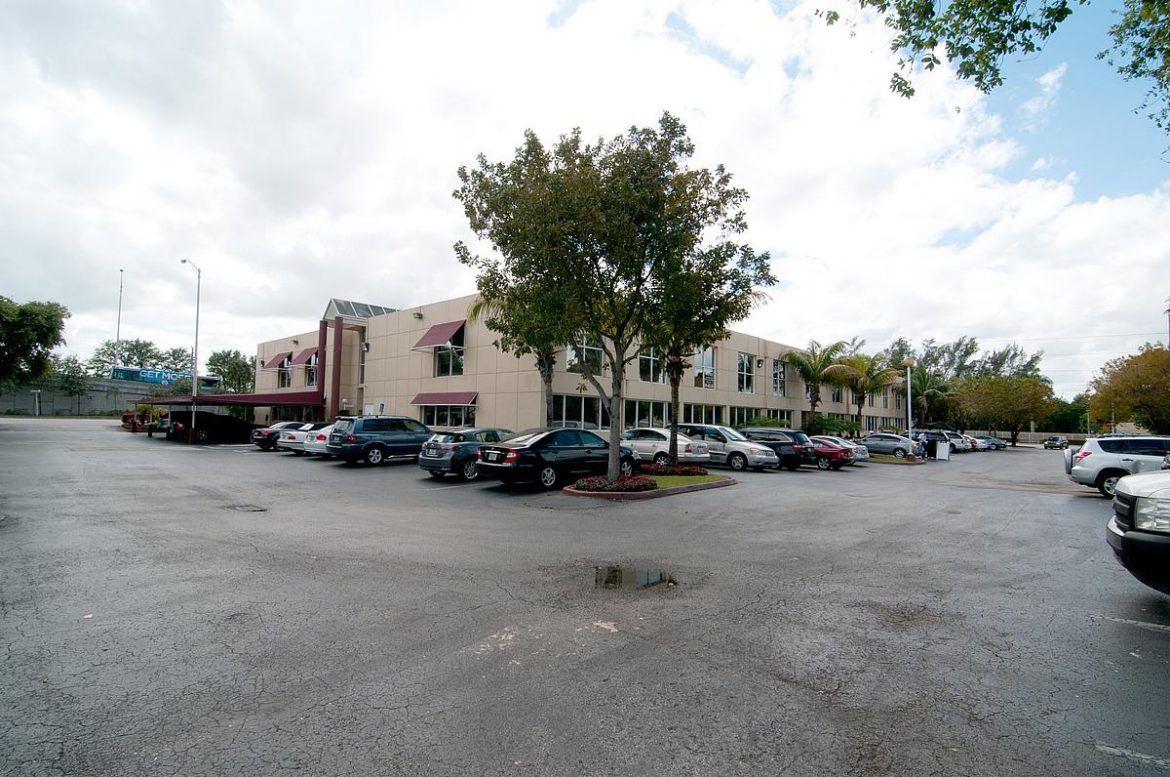COVID-19 precipitated shutdowns have crippled the retail sector and those troubles have been well-documented.
And the businesses that rent spaces on the ground floors of apartment buildings are generally not big stores or national chains and have had even more trouble meeting their obligations in recent months. As a result, multifamily owners have had to be forgiving in negotiating concessions with their retail tenants, even as rents from apartment tenants have generally held up better than expected.
“We know that small retail businesses have been hit very hard based on payroll figures,” says Kevin Cody, market analytics senior consultant for CoStar, based in Boston. “Their distress from the pandemic was likely amplified due to them having small cash buffers.”
The vast majority—over 80 percent—of the retail space located in apartment buildings can be found in urban areas, according to CoStar. In recent years, these areas were performing well due to strong demographic growth, employment growth, and high levels of tourism, says Cody.
That strong performance stopped with the spread of the coronavirus in early 2020.
“Retail assets in dense, urban areas have been heavily impacted by the current period,” says Cody. “People are working from home at a high rate and tourism has greatly diminished.”
Not surprisingly, the retail tenants that have held up the best for apartment owners in recent months are those that were deemed essential. Drugstores, convenience stores, restaurants equipped to do takeout business are among tenants that been able to continue operating amid the vary levels of shutdowns throughout the country.
From the landlord side, apartment owners have largely been willing to work with their retail tenants on an as-needed basis.
“We have heard that owners of retail space are offering rent deferrals or relief to some tenants that have been impacted by the virus,” says Cody.
“There [usually] isn’t a public balance sheet or strong capitalization,” adds Todd Siegel, senior vice president, CBRE, based in Chicago. “The solution to mutual success requires an individualized and bespoke approach.”
Fortunately, apartment properties generally don’t rely much on the income from small retail tenants.
“On a pure, net operating income basis, it shouldn’t skew the balance sheet to warrant a default,” says Siegel. “Mixed-use retail in general doesn’t drive the overall value [of an apartment property].”
The managers of apartment properties are also not yet desperate to squeeze money where ever they can get it. That’s because the income from apartment rents has remained strong, so far.
“I would expect apartment owners to have a greater ability to offer rent deferral or relief for their retail tenants, due to the greater rate at which they have been able to collect rent from apartment renters,” says Cody.
As for down the line, while they will need to implement social distancing measures until a vaccine or reliable treatment becomes available, multifamily owners will continue to include ground-level tenants.
“Mixed-use was a strategy we really liked heading into the pandemic,” says Cody. “In the long-term we still believe in it… we expect urban areas to come back, but in the near to medium term, retail will experience reduced spending and foot traffic. We expect migration to slow; there has been a shift to working-from-home, which will sustain to some extent; and tourism has slowed, which will take time to recover.”
Source: NREI

